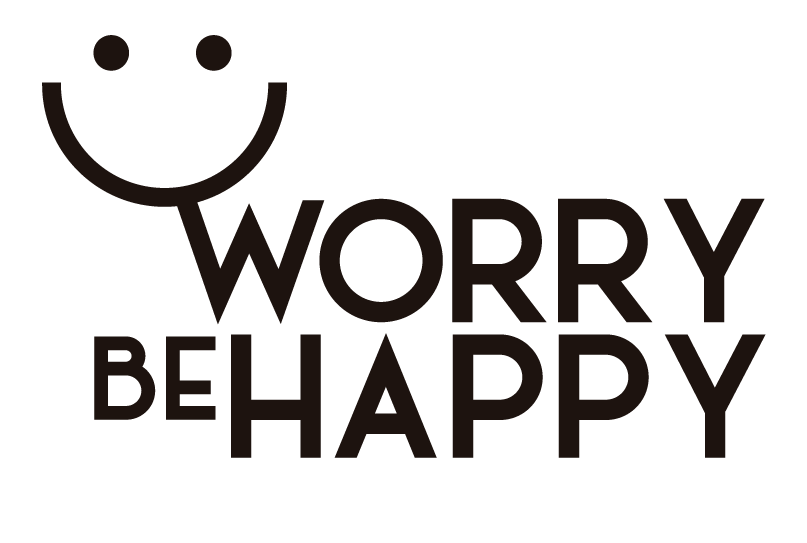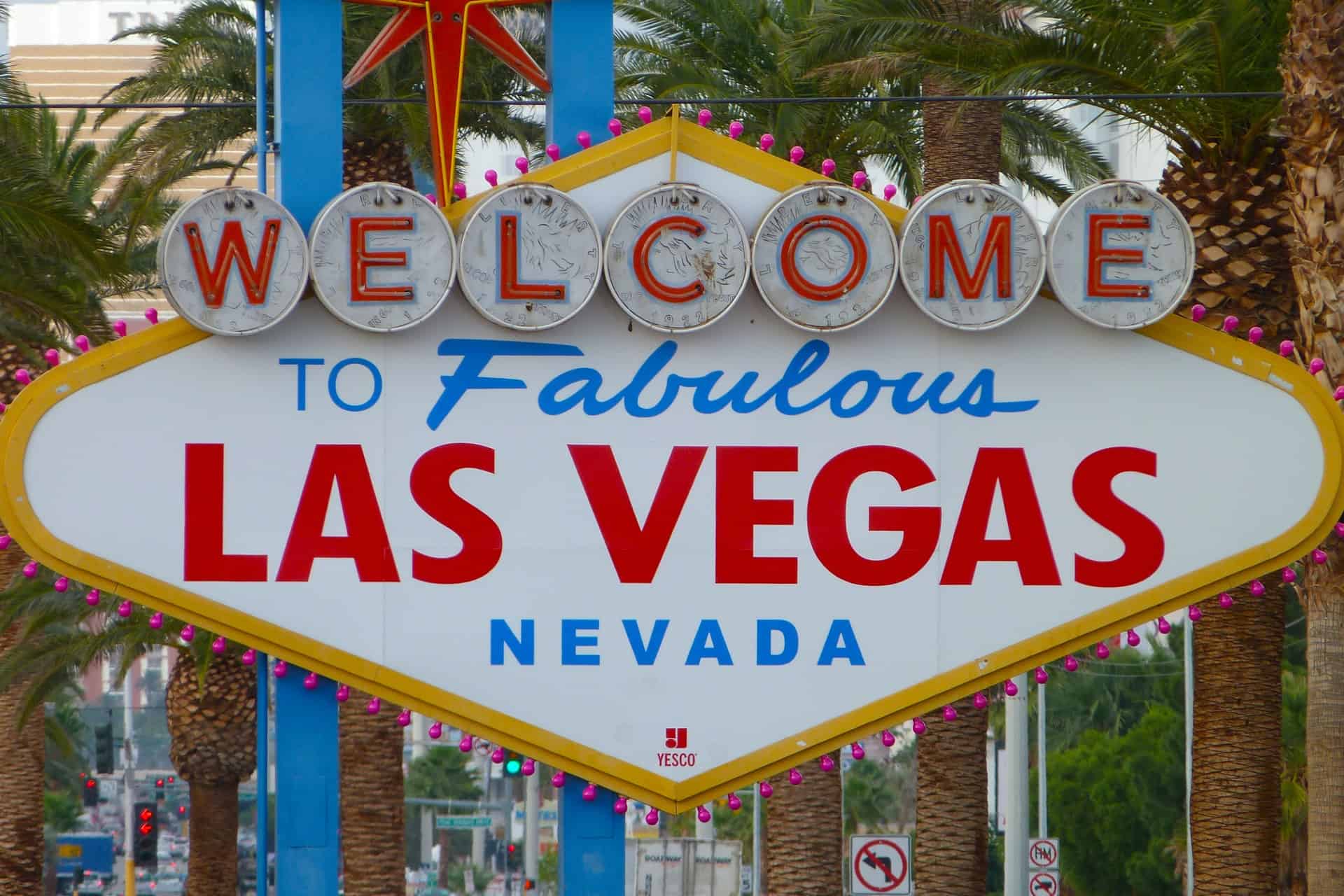I don’t believe in luck.
I learned pretty soon in my life, luck doesn’t exist. My mother worked in a casino for more than 2 decades, and there’s a golden rule that never fails: “The house always wins“.
If it is always so, then luck doesn’t exist. As simple as that.
In the long term, luck is something that won’t affect you. In the long term, everyone’s where they deserve to be. Life is 100% fair.
When something “lucky” happens to someone, people don’t look the 1 million situations that happened before and weren’t “lucky”. People just focus on what worked, but not at what didn’t. That’s what’s unfair.
During my whole life, and I was born in 1976, I’ve read many biographies, mostly focused on great achievers.
It’d be unfair to say Michael Jordan, Oprah Winfrey, Albert Einstein, Benjamin Franklin, Steve Jobs, Walt Disney were “lucky guys”.
Here comes the great news:
- Isn’t it great that your life doesn’t depend on luck?
- That your life isn’t a roulette spin?
- Doesn’t that give you the extraordinary sensation that everything depends on you?
- Can’t you feel the freedom it means?
Your life ONLY depends on you and your work. Period.
You don’t need to look at great and giant achievers like those I referred above. Just pay attention to people who surround you. Those who have succeeded in their lives. Are they all lucky guys? I disagree.
I’ll share some aspects of my life to move forward, but please, don’t take them as a sign of arrogance. All my life is based on humility, being a normal guy, with a normal life, and normal habits.
The more goals I achieve, the more normal I like to be because I believe that there’s a no more sad thing in life that becoming an arrogant fool, mainly if you worked very hard (the only way I know) to accomplish all your goals.
Here I’m sharing my testimonial just to make you believe, furthermore, that what I say works.
Working is the only “lucky tool” I know.
I started programming when I was 8. Since then, I wanted to be a programmer. Knowing how things work is a great sensation in life. I guess all programmers have the same feeling.
I didn’t stop, and I programmed every day: Basic, DBase, Visual Basic, Pascal, C, Cobol, Fortran, Java… and I became an engineer in computer science 15 years later.
I wanted to work for big consultancy companies. “I was lucky”, and, after having interviews with a couple of them, I came into PriceWaterhouseCoopers. After 2 years and a half, I changed to Accenture (another “lucky movement”).
At the age of 26, I burnt out from programming (18 consecutive years were enough), and I decided to build my own company. Obviously, it couldn’t be anything related to programming, so I decided to create a hostess agency (crazy decision? It was…).
Starting from scratch something is really tough, but you learn a lot. It teaches you luck is anything but a lie.
This hostess agency:
- Became an entertainment agency.
- That became a corporate events agency.
- That became a global marketing agency.
And now, in 2020, after almost 20 years working every day, we (because, “luckily”, I found the right business partner) are a group of 3 different companies with more than 45 employees.
I insist: this is not about arrogance. This is about proving that, in the long run, luck does not exist.
I don’t like it when people say about someone “he is a lucky guy” or “how lucky he was when he won that project”. People only pay attention to success and creates an explication based on that.
But they don’t know (or don’t pay attention, or, even worse, don’t want to pay attention) to ALL THE TIMES that guy “wasn’t lucky”. How many projects he lost. How many e-mails no one replied to. How many doors were shut.
A piece of wise advice: don’t say to Michael Jordan he was lucky. Be sure he will punch you!
- Do you really think he was every day ready and motivated to train?
- Didn’t he feel he didn’t want to work out lots of days?
- Didn’t he want to procrastinate?
Be sure of that.
We all have weaknesses, bad days, we suffer, many times we don’t understand why we’re doing what we’re doing, we lost focus… We’re humans.
But we can also do great things. Things that seemed unattainable. Something to feel proud of them.
Anytime I set a goal in my life, I follow these steps:
- I’m 100% sure I want to achieve that. I need to be totally convinced of it because I know I will have to work A LOT on it.
- I start looking for knowledge. Which ones are the best in this area? Where can I find information? Which courses can I take? Which communities should I join?
- I create a working strategy. What do I have to do? In what order? When am I going to do that?
- I set a list of tasks and calendar them on a daily basis.
- I start doing it without thinking about anything at all, day by day.
I don’t know when, but I know that someday I’ll achieve my goal.
If I don’t, it won’t be because “I was unlucky”. It will be because I was lazy, or I changed my priorities, and that goal is not relevant to me anymore, or any other excuse or circumstance that made me change my mind.
You may say, “Paco, and what if, unfortunately, I fall seriously ill, and that affects me severely?”.
In that case, I would recommend you to read Hal Elrod’s testimonial (I highly recommend his bestseller book “The Miracle Morning”).
Hal is a guy, for those who don’t know him, who almost lost his life in a car accident (he was literally dead for some minutes) and got cancer a few years later.
If, after reading that, you still find excuses not to achieve your goals, the problem is you, not “luck.”
I know people don’t like to hear this kind of statements, but it’s you who should decide if you want to live:
- a life of lies,
- deceiving yourself,
- complaining about everything (economic crisis, coronavirus, lost projects…)
- and everybody (bad clients, bad suppliers, bad employees, bad partners…),
OR
you can “bet” for:
- a life of purpose,
- a meaningful life,
- full of great moments and achievements.
A life that allows you to go to bed with a maximum level of satisfaction and get up with a feeling that justifies everything you intend to do that day.
I felt the opposite for quite a long time. Whenever I found out this alternative philosophy, I never left it.
Photo at the top courtesy of Nick Fewings on Unsplash.

